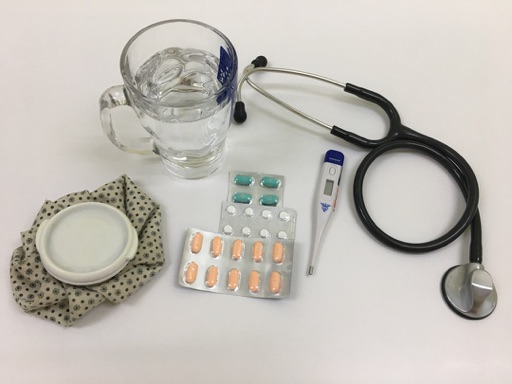It’s no secret that GLP-1 medications like Ozempic, Zepbound, and Wegovy are helping people achieve impressive health and weight loss results. However, obesity remains a significant global challenge, with one in eight people affected, according to the World Health Organization.
We consulted Dr. Spencer Nadolsky, a Michigan-based medical doctor specializing in GLP-1 medications, to discuss the changing landscape of weight loss treatments, the challenges concerning obesity, and the future of these medications in healthcare.
Dr. Nadolsky was instrumental in establishing Weight Watchers Clinic, which provides GLP-1 medication to eligible patients. He notes that while traditional methods only achieved about 5% total body weight loss annually, newer medications have elevated expectations dramatically.
With the approval of drugs like Wegovy and high-dose semaglutide, patients are now experiencing around 15% total body weight loss. The introduction of Zepbound has pushed this figure even higher, nearing 20%. This remarkable progress represents a considerable shift from purely lifestyle-based approaches to medical interventions.
Despite these advancements, Dr. Nadolsky emphasizes that GLP-1 medications are not a one-size-fits-all solution. While they are effective, they may cause side effects such as nausea and constipation. However, ongoing research is working to mitigate these issues, like a recent study showing significant reductions in nausea for patients taking GLP-1 medications.
Another vital aspect of using these medications is the importance of incorporating physical activity and resistance training. Dr. Nadolsky advocates for strength training to preserve muscle mass while patients experience rapid weight loss.
The challenges surrounding the pricing and insurance coverage of GLP-1 medications are also significant, with many patients struggling to afford them. Approximately 40% of insurances currently provide coverage for these medications, which means many individuals turn to compounded versions that are not always guaranteed to be safe or effective.
Dr. Nadolsky warns against the use of GLP-1 medication from non-reputable sources and underscores the necessity of obtaining them through legitimate healthcare providers to ensure proper monitoring and safety.
As we look to the future, Dr. Nadolsky believes that GLP-1 medications may play a significant role in preventative health measures, potentially allowing for low-dose usage even before serious weight-related issues develop. The aim is to create a healthcare approach that is comprehensive, involving dieticians, exercise physiologists, and behavioral therapists to tackle obesity at its roots.
In conclusion, while GLP-1 medications represent a groundbreaking development in the battle against obesity, there remains much work to be done in improving accessibility, ensuring safety, and shifting the overall healthcare landscape to prevent obesity before it starts.

Source: Woman’s World





